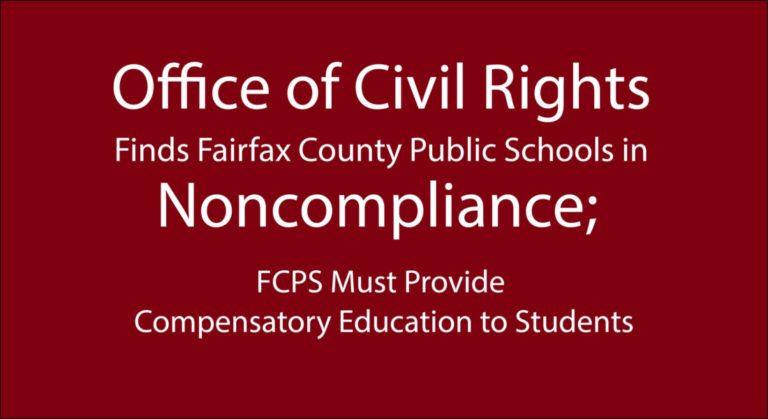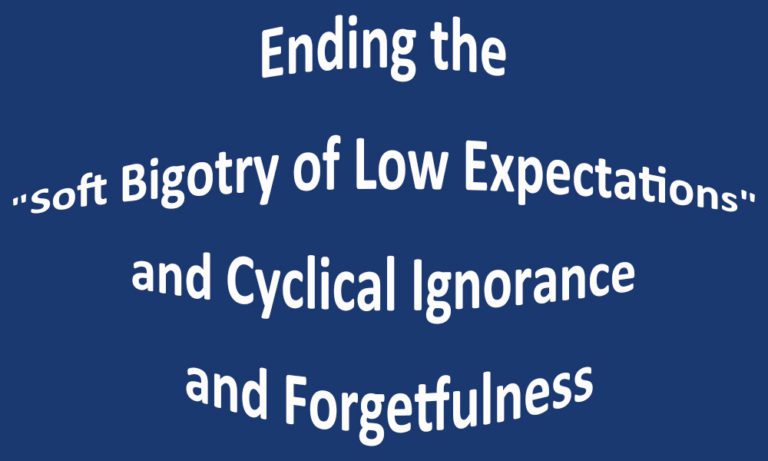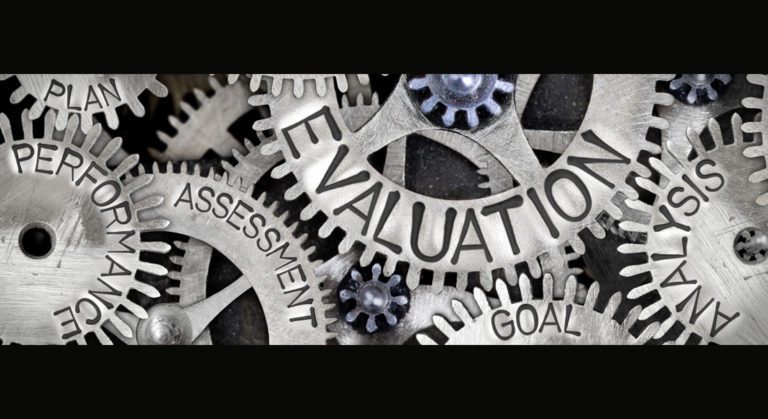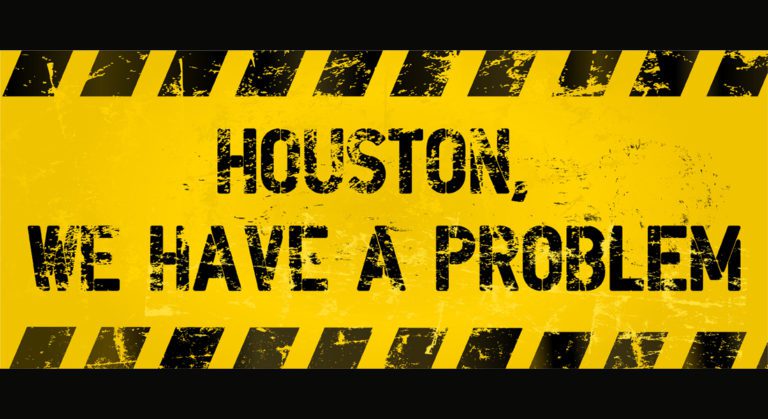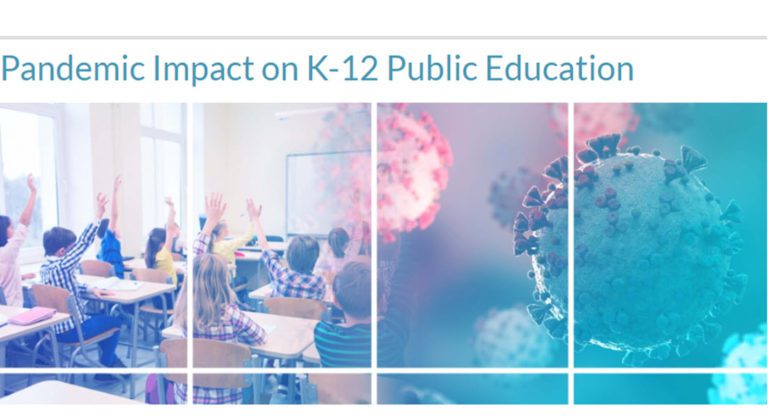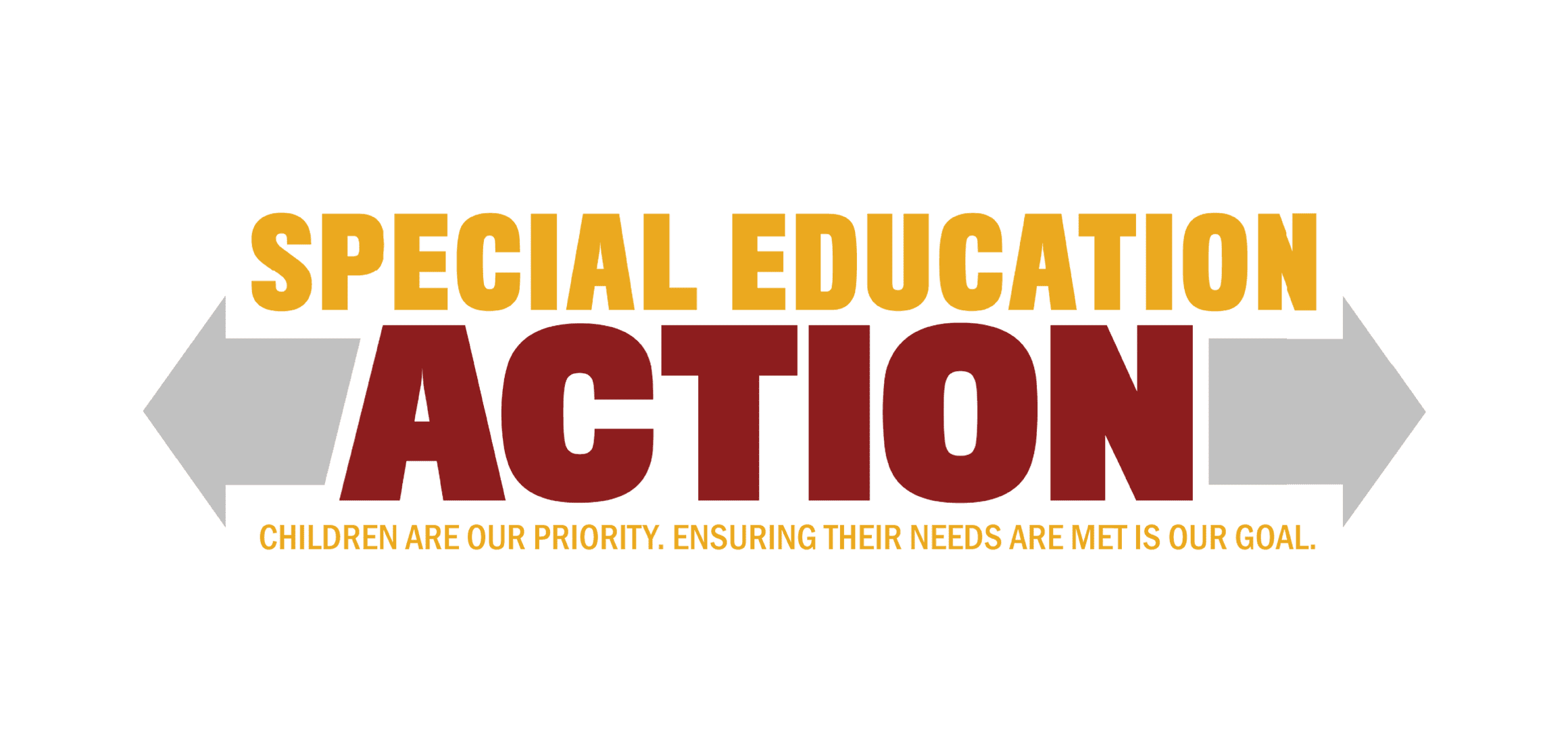
Special Education Action is a 501(c)3 nonprofit publisher covering special education.
Its mission is to ensure parents, educators, and students have the information and tools necessary to fully understand, address, and safeguard the unique needs of all students who require special education.
Recent Articles
Office of Civil Rights Finds Fairfax County Public Schools in Noncompliance; FCPS Must Provide Compensatory Education to Students
This follows OCR’s January 12, 2021, announcement that it would investigate FCPS, Los Angeles Unified School District (LAUSD), and Seattle Public Schools.
Virginia Dept. of Education’s Noncompliance Continues; Blows Through U.S. Dept. of Education’s 90-Day Compliance Deadlines
Virginia Department of Education (VDOE) remains in noncompliance of federal regulations.
September 1, 2022, United States Department of Education issued another a letter to VDOE that addresses VDOE’s continued failures. This letter was not provided to the public, nor were the similarly critical letters USDOE sent on February 8, 2022, and March 16, 2022. All three letters were obtained via Freedom of Information Act (FOIA) requests. Special Education Action received the September 1, 2022, letter yesterday, November 10, 2022.
Ending the “Soft Bigotry of Low Expectations” and Cyclical Ignorance and Forgetfulness
I’m embarrassed I forgot his words in the years that followed. I know that such forgetfulness is common and can beget ignorance—and that forgetfulness and ignorance combined beget noncompliance and stagnation in regard to special education. Since special education is a topic politicians and journalists—and even some educators—struggle to understand, it is easier to ignore it and/or move to the millions of other issues competing for their time.
IEP Teams Must Consider Assistive Technology Devices and Services
34 C.F.R. § 300.324(a)(2)(v) specifically states:
(a) Development of IEP—
(2) Consideration of special factors.
The IEP Team must—
(v) Consider whether the child needs assistive technology devices and services.
Only 59 Fairfax County Public Schools Students Have Recovery Services in Their IEPs
That’s not a typo.
Fifty-nine (59) students out of FCPS’s over one hundred eighty thousand (180,000+) students have recovery services in their IEPs.
That’s it. Not 59% or 590, or any other variation one’s mind might jump to after reading the number “59” and thinking it must be a typo.
Nope. It’s real.
JLARC Releases Report on COVID’s Impact on Virginia Education; Release Marks JLARC’s Third Critical Education-Related Report in Two Years
The findings aren’t surprising. They paint the portrait of a state that ignored the warning bells (even though it had almost 15 years to prepare for COVID)—and that to this day has failed to implement practices that ensure past mistakes don’t run into the future.
However, the report falls short in regard to data collection and interpretation.
